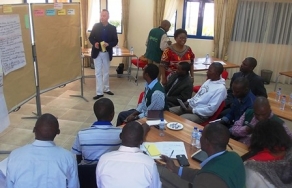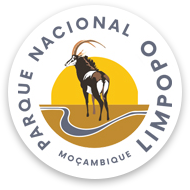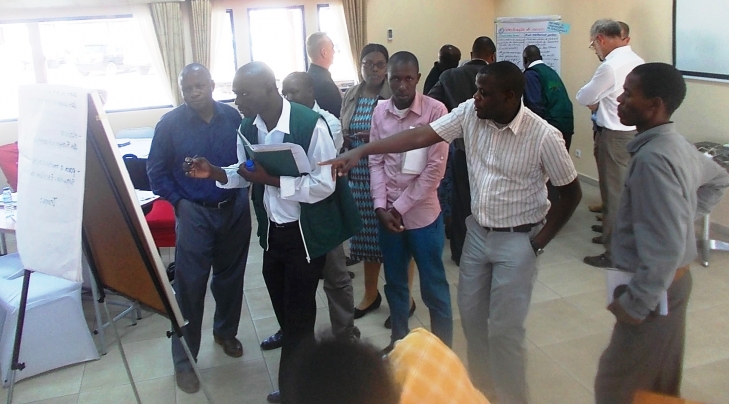A resettlement workshop was held in Xai Xai from 17-18 June 2014. It was attended by representatives of provincial and district government, the Mozambique National Institute of Disaster Management (INGC), which has been coordinating the resettlement process, the Ministry of Tourism (MITUR), Limpopo National Park, KfW and community leaders.
The workshop was opened by the governor of Gaza Province, Mr Raimundo Diomba, and the permanent secretary of MITUR, Ms Fernanda Matsinha. Mr Diomba stressed the importance of the resettlement programme for the region, whilst Ms Matsinha stressed the importance of resettlement to the development of communities, to address human-wildlife conflict and poaching challenges, and to enable further tourism investment in the park.

With the support of external moderators, the workshop was structured to review the progress to date and to develop an action plan, agreed to by both implementation stakeholders and communities, for the completion of the resettlement of communities.
The workshop focused on four main areas:
- house construction
- community relations
- resettlement process management and overall programme planning
- reporting and budgeting.
The resettlement of approximately 1 600 families living in eight villages in Limpopo National Park is being undertaken to World Bank OP 4.12 standards that focus on sustainability. The programme also focuses on community development, which includes a structured compensation package with a mortar-type house, village water supply, and school and irrigation schemes. It also includes improved future employment opportunities in the ongoing house construction, park development, or Massingir sugar cane development sectors.

Nanguene and Macavene villages have already been relocated. With the construction of houses being finalised, the relocation of 290 families from the Massingir Velho village is under way. The construction of houses for the Bingo and Makandazulo villages is next.
The workshop identified ways to improve both the quality and productivity of the existing community association house construction system.
A proposal was also made for the construction of Mavodze, Machamba and Chimangue villages by an external contractor, parallel to the existing community association construction process. It is believed that this would enable the completion of the construction by 2017 and the securing of finance to complete the resettlement process.
The workshop was a success and should become an annual event to review, improve and plan the process and to supplement the various ongoing operational meetings.
By Antony Alexander
Project Manager
Limpopo National Park

